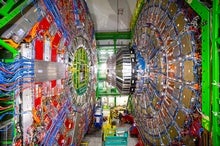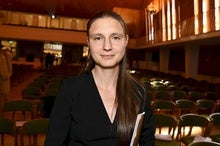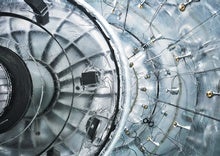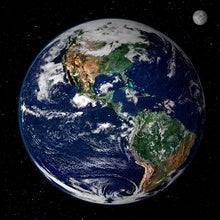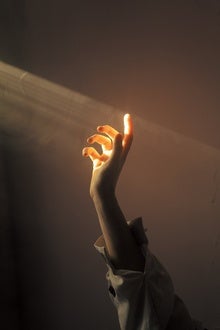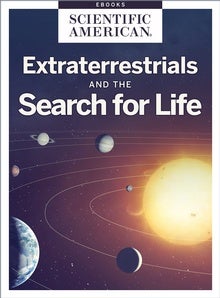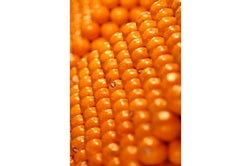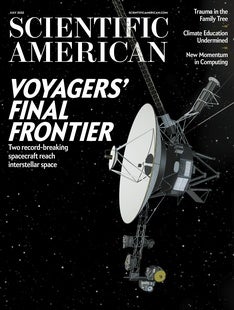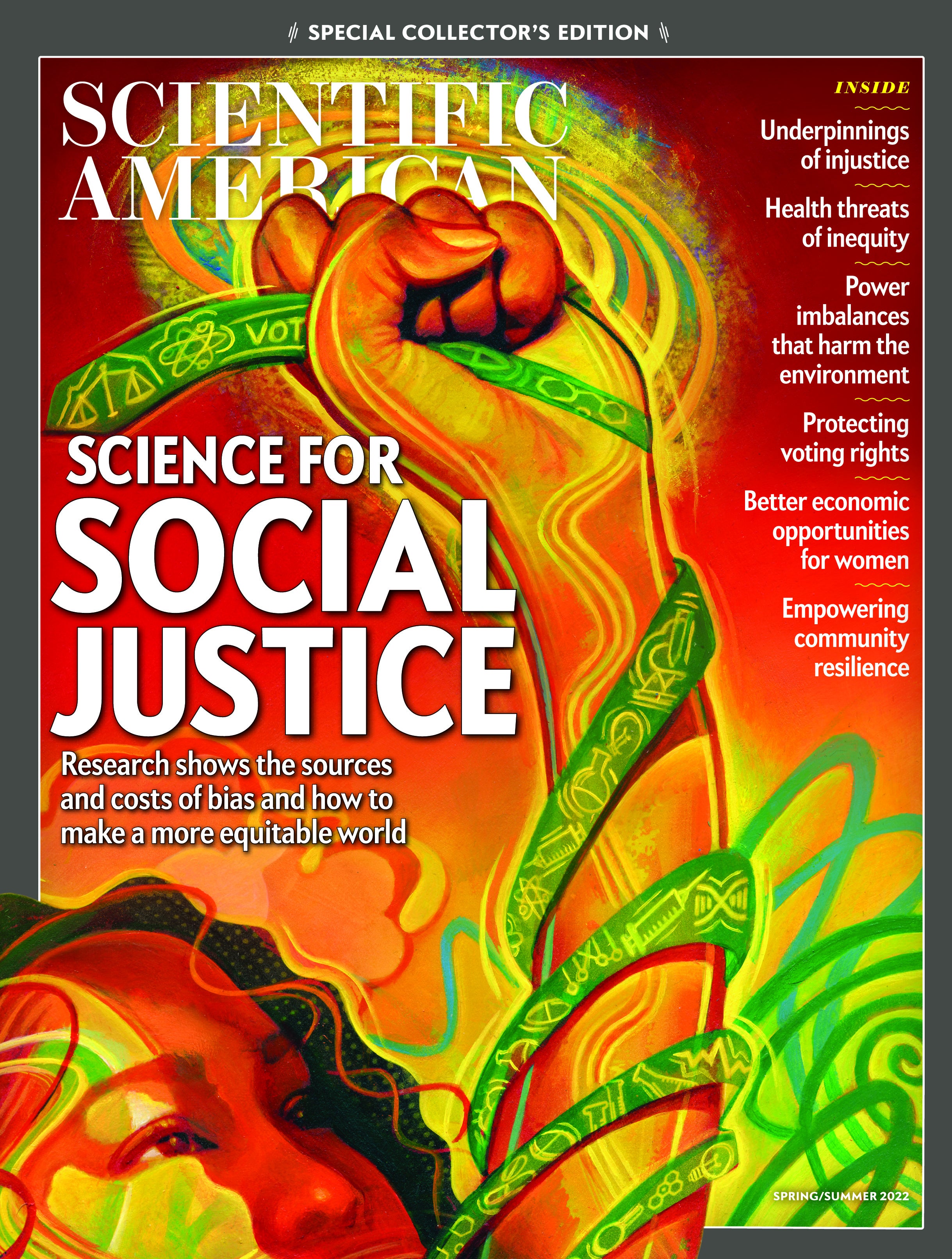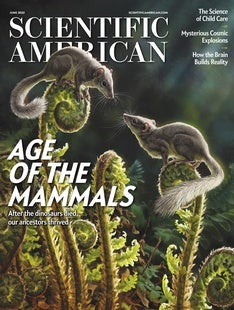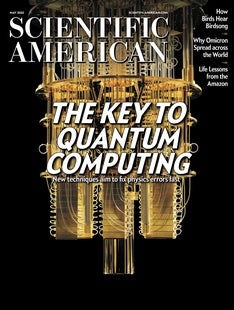 |
| July 07, 2022 |
Dear Reader,
This week's top story, from astrophysicist Fabio Pacucci, explains why he and other researchers are seeking the oldest, most distant galaxies in the universe. Pacucci is a co-discoverer of a candidate galaxy, HD1, that if confirmed would be the current record-holder. But HD1 is unlikely to maintain its superlative status for long, as many more objects even deeper in the cosmic abyss should soon be revealed by the James Webb Space Telescope, which is releasing its first science images next week (stay tuned for our coverage!). Moving on, we also have stories reflecting on the 10th anniversary of the discovery of the Higgs boson, and the triumph of Maryna Viazovska, a Ukrainian mathematician who is among the elite recipients of this year's prestigious Fields Medals. Enjoy! |
| |
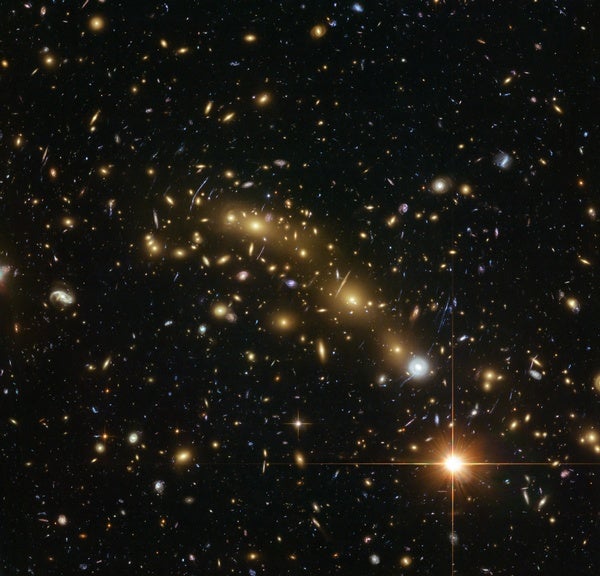 |
| |
| |
| |
| |
| |
| |
| |
| |
FROM THE STORE
 | | Extraterrestrials and the Search for Life Do aliens exist? The enduring mystery of whether we're alone in the universe is a question that continues to drive scientific study into groundbreaking directions. This collection examines the latest thinking in the search for life, from discussing why we haven't found evidence of aliens so far to determining where and how to conduct the search to opening up the possibilities for what otherworldly life could truly look like. |  | | |
| QUOTE OF THE DAY
 "Less than one LHC collision in a billion produces a Higgs boson, so the initial discovery was like finding a needle in a very large haystack... The challenge now is akin to searching for something in a haystack when you don't even know if you are seeking a needle or some other object entirely." Marcela Carena, particle physicist | |
FROM THE ARCHIVE
 | | | |
LATEST ISSUES
 |
| |
| Questions? Comments?  | |
| Download the Scientific American App |
| |
| |



